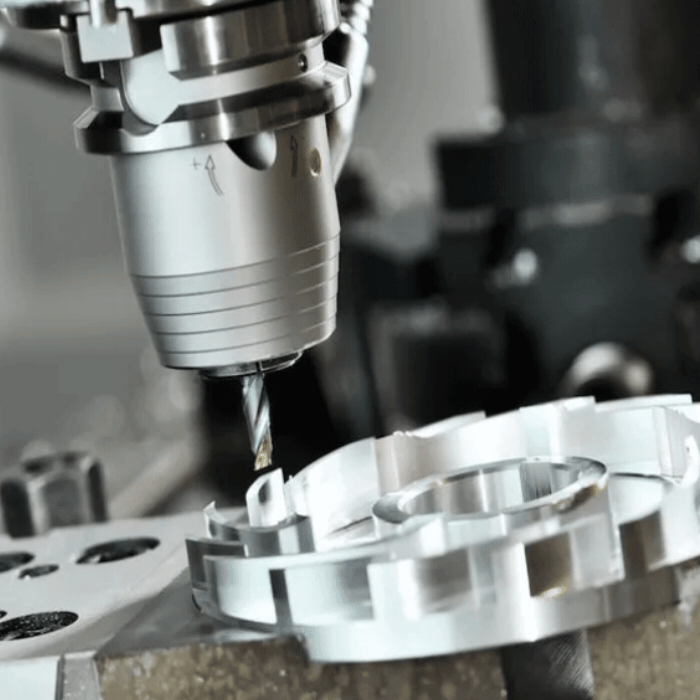4 Main Failure Modes of Machine Parts

The failure of a mechanical part means that the mechanical part cannot perform its normal function within the predetermined period of design and under specified conditions. If we want to prevent the failure of machine parts during processing, we must have a good understanding of the main failure modes of the following machine parts.
1. Static strength failure
When machine parts are subjected to external loads such as tension, compression, bending, torsion, etc., fracture or damage occurs because the static stress on a certain dangerous section exceeds the strength limit of the part. For example, bolts are broken after being tensioned.
In addition, if the stress applied to the part exceeds the yield limit of the material, the part will undergo plastic deformation. Plastic deformation will result in a decrease in accuracy or inaccurate positioning, which will seriously affect the normal operation of the parts, so it is also a failure.
2. Fatigue strength failure
Most machine parts work under variable stress conditions, and the effect of variable stress can cause fatigue damage to the parts and lead to failure.
In addition, the surface of parts subjected to long-term contact variable stress will also produce cracks or particle spalling. Fatigue damage is a form of failure that gradually occurs with the continuation of working hours, and is an important cause of failure of machine parts. For example, the fracture of the shaft due to fatigue crack propagation after loading, the fatigue fracture and pitting of the tooth root, and the fatigue fracture of the chain are all typical fatigue failures.
The static strength failure of machine parts is due to the static force exceeding the yield limit, and large deformations often occur before the fracture occurs. Therefore, the static strength failure can often be found and predictable. The fatigue strength failure is gradually formed but it is difficult to predict in advance, so it is more harmful.
3. Friction failure
Friction failures are mainly corrosion, wear, slippage, bonding, and contact fatigue.
Corrosion is an electrochemical or chemical erosion phenomenon that occurs on the metal surface. As a result, the surface of the part will be rusted and the fatigue resistance of the part will be reduced.
Abrasion is a phenomenon in which surface material is lost or transferred during the relative movement of two contacting surfaces.
Gluing is due to the destruction of the oil film between the two relatively moving surfaces. Under high-speed and heavy-duty working conditions, local adhesion occurs. When the two surfaces are relatively sliding, the bonded part is torn, the surface is edged and grooves formed in the direction of relative movement are called gluing.
Contact fatigue is a phenomenon in which cracks or particle flaking occur on the surface subjected to long-term contact variable stress.
4. Other failures
In addition to the main failure modes indicated above, machine parts have other failure modes, such as rigid failure due to excessive deformation, unstable failure, and so on.
In addition, the specific failure mode of a machine part also depends on various factors such as the working condition, material, load state of the part, and the nature of the stress generated. Even if the same kind of parts, due to different working conditions and mechanical requirements, there may be multiple failure modes. If you want to know more about machine parts after reading the above, you can get a comprehensive solution by contacting us.
As a professional parts supplier, we have advanced processing equipment and strict weight inspection, which can provide customers with high-precision processed parts. And we also provide thoughtful one-stop service, committed to providing customers with good solutions. If you want to buy our high-quality machine parts, please contact us immediately!


